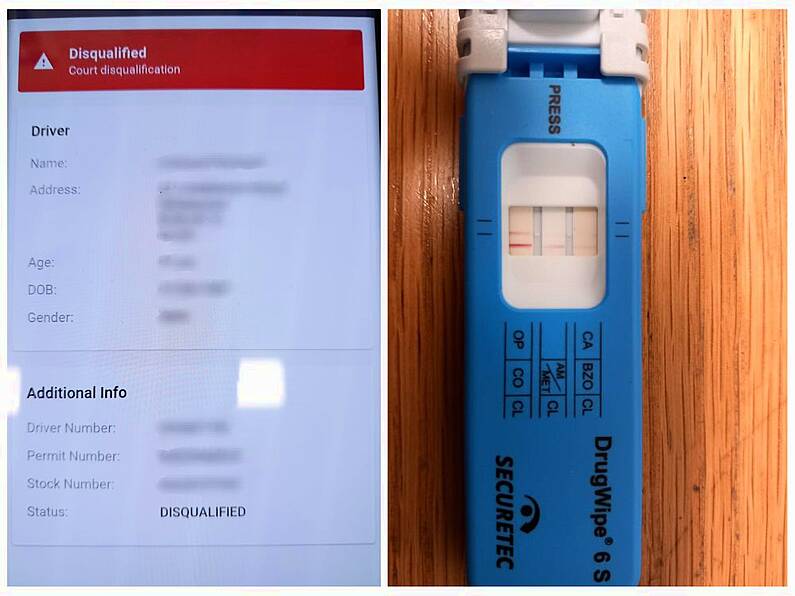Gráinne Ní Aodha, PA
Minister for Finance Michael McGrath has said some cost-of-living measures due to expire at the end of February are to be extended.
He added work is under way to examine the “real-life costs” facing people, and of different timeframes where it would be appropriate to extend certain supports.
Meanwhile, Tánaiste Micheál Martin reiterated that there would be no “cliff edge” for the cost-of-living measures introduced as part of the budget in September.
As well as a budget €6.9 billion for 2023, a cost-of-living package worth €4.1 billion of one-off measures was announced to help people pay rising bills and costs.
This includes three €200 energy credits for households, one-off double social welfare payments, and the Temporary Business Energy Support Scheme (TBESS) which offers to help businesses whose energy costs have increased by 50 per cent or more.
A number of measures introduced as part of this package are due to expire at the end of February, including the reduced VAT rate for gas and electricity; and the reduction on excise duty on petrol and home-heating oil.
There have also been calls to extend the moratorium on energy disconnections beyond the end of February and for the winter ban on evictions to be extended beyond March.
We cannot afford to continue with that level of support indefinitely
Speaking to reporters on Friday, Mr McGrath said that some supports would be extended, but warned that the State support would not continue “indefinitely”.
He said: “A number of these measures are due to expire at the end of this month – I and the Government acknowledge that the cost of living remains very high still for many people around the country.
“It’s clear that some of these supports will need to be extended beyond that date.
“I must also be clear, however, we cannot afford to continue with that level of support indefinitely. It’s important that fiscal policy is responsive, that it is agile and that we retain the right and the ability to step in with supports as necessary, and then withdraw them as appropriate.
“We have to consider in the next couple of weeks and make a judgement call based on all the circumstances as to what is the appropriate response before the end of February.
“I’ve been engaging with officials in my own department in recent weeks on the cost-of-living taxation measures, in particular. We’ll be further discussing this with government colleagues and particularly the party leaders across the next couple of weeks.
“Once agreed, the government will communicate these decisions quickly.”
Long term challenges
He said that a report on public debt published on Friday was a reminder of the need to fund longer term challenges that the State is facing, including its ageing population, infrastructure projects and climate financing.
When asked about advice from the European Central Bank (ECB) president Christine Lagarde, who said measures to help people with inflation should be eased, Mr McGrath said that countries had to make the right decisions for their own population.
“Of course, we have to be careful not to do anything that adds to inflation, or that stops or slows down the decline in inflation that we are seeing now,” Mr McGrath said.
The rate of inflation in Ireland fell slightly to 8.2 per cent in December, with the Minister indicating that the rate of decline would accelerate in the first half of the year.
Mr Martin said that despite the warnings from the ECB, the third energy credit would be paid in March as planned.
“The government will be having meetings in the next two weeks,” he told reporters in Belfast.
“I know the Minister for Finance and the Minister for Public Expenditure are working on this and they will work with three party leaders on how we deal with the expiry dates at the end of February.
“We said it will not be a cliff edge. There’s a full range of measures that we took, we’ll have to examine them all in terms of what ones we continue and what ones we may not continue with, but we will examine that.
“We’re also keeping an eye on the full year, that obviously we’ve got to keep an eye on winter 2023. We’re just coming out of this winter, we have to focus on that to make sure that we have enough resources to take people through the next winter as well.”






